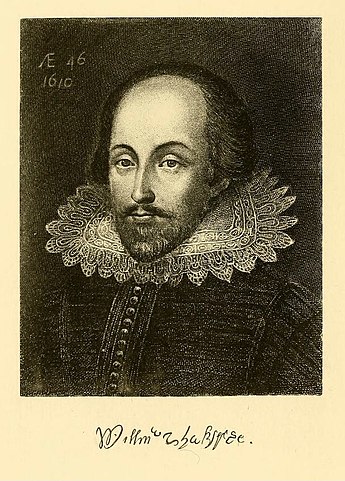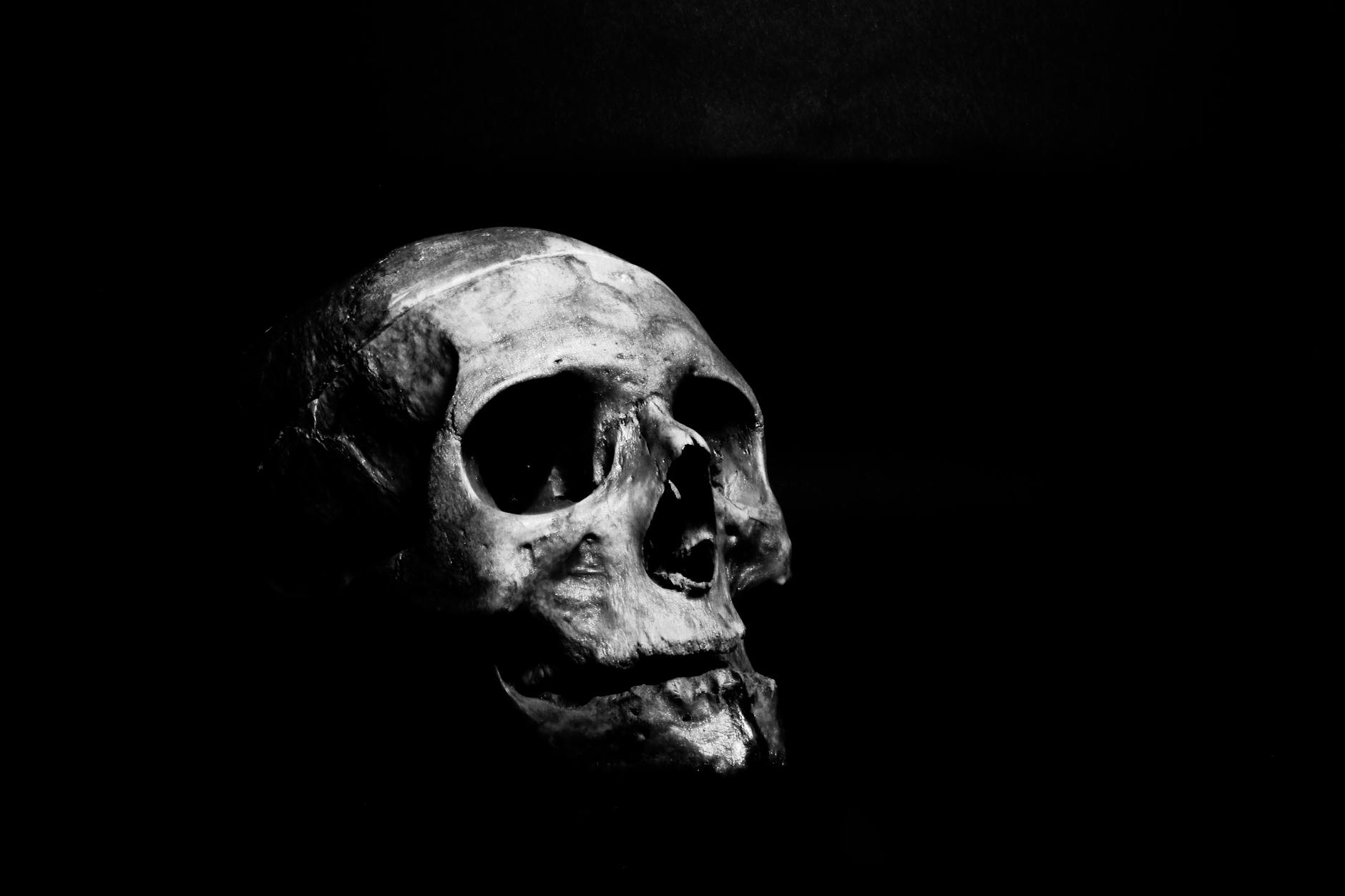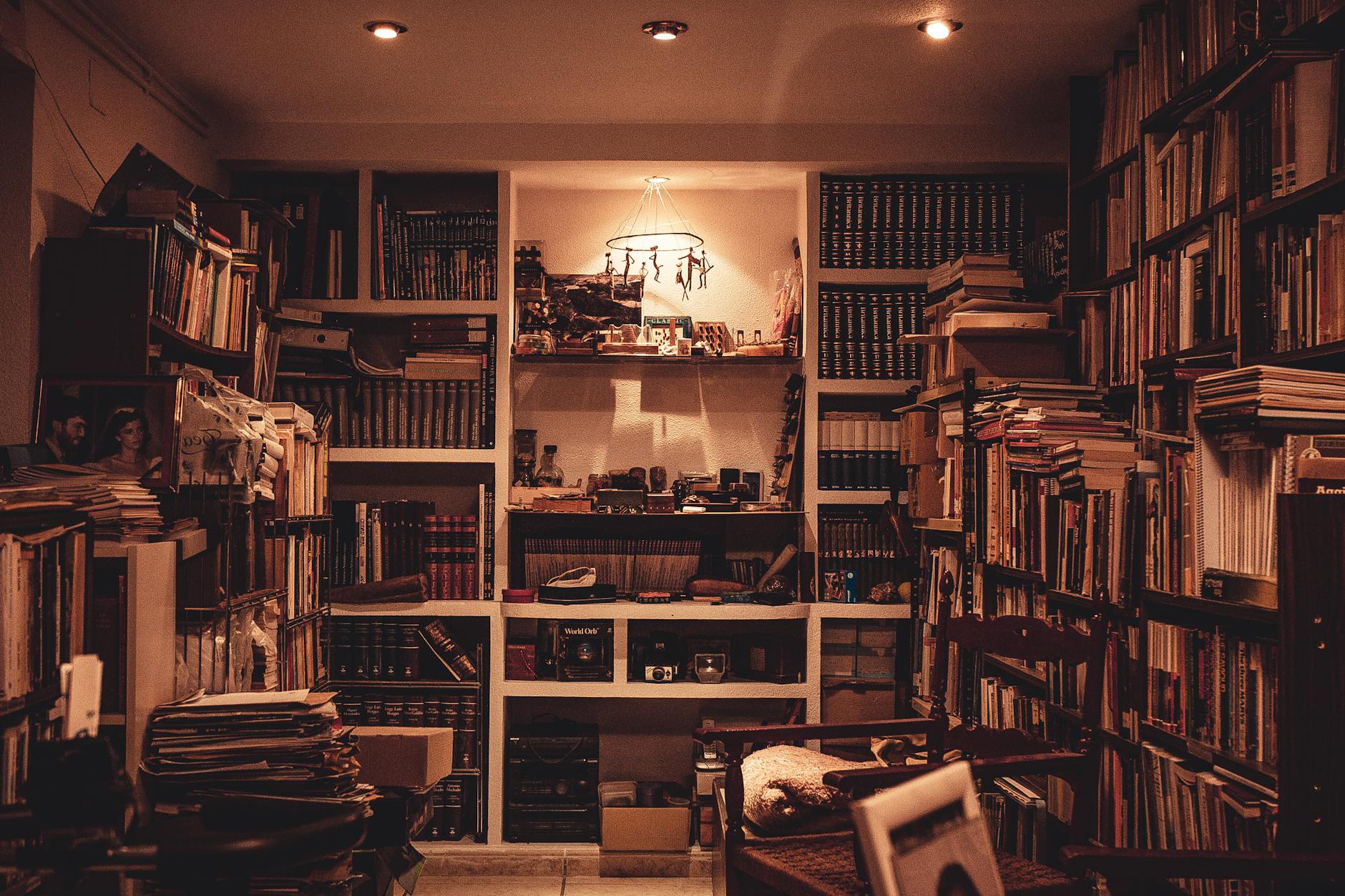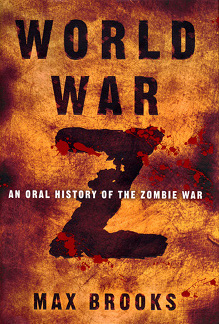The English Renaissance is exactly what it sounds like. It was a renaissance that included many English authors. These authors were extremely important based on their own merit, but would remain staples in classic literature. After years of reading literature being relegated to the Church, authors began to engage in a large amount of literary work. The renaissance also featured a view of man in the in image of God, which created an optimistic outlook of humanity. Much like other renaissances, the English Renaissance left an indelible mark on history and the future of the written word.
What was the English Literary Renaissance?
To begin, there are a variety of periods related to the literary renaissance, which goes back as far as the early 14th century. However, the specific period we are looking at ranges from the late 15th century to the early 17th century. Here, we have what is known as the English Renaissance. The renaissance began in Italy and marked a change from feudalism to a more modern viewpoint. The ideals espoused during this period included humanism, singular themes, individualism, and continued religious themes.
Furthermore, scientific inquiry pushed an interest in different aspects of politics and philosophy. Not to mention, the exploration of the New World broadened horizons for many writers and artists. Such innovations included the sonnet, blank verse, and prose essays. Alongside written and printed words, there was also the emphasis on English drama with public theaters and works being presented in public spaces.
In addition to this, some really important things were happening during this period, including the invention of the Gutenberg printing press. Within the literature itself, there was a stronger focus on “man” as a being who deserves self-respect. “During the 14th century, a cultural movement called humanism began to gain momentum in Italy,” states History. “Among its many principles, humanism promoted the idea that man was the center of his own universe, and people should embrace human achievements in education, classical arts, literature and science.”
These were just some of the fundamental changes occurring, but keep in mind that humanity was coming out of the Dark Ages and technology was improving—so people’s attitudes erred on the side of the world welcoming a brighter future.
Impact on Reading, Writing, and Literature
Shakespeare might be the most important person to discuss in this section, as he (and his contemporary Christopher Marlowe), shaped literature through storytelling. Shakespeare contributed so much work, from Romeo and Juliet to Hamlet and Macbeth. He also contributed the creation of the Globe Theatre, where new works could be shown.
Some of the Important Writers and Their Works
William Shakespeare (1564-1616):
Shakespeare contributed immensely to literature with such works as Othello, A Midsummer Night’s Dream, Macbeth, Hamlet, and Romeo and Juliet.
Christopher Marlowe
Marlowe wrote influential works including Doctor Faustus and Tamburlaine the Great.
Edmund Spenser
Edmund Spenser developed some innovative poetry, including the Spenserian stanza, and wrote The Faerie Queene and Amoretti.
Ben Jonson
Ben Johnson experimented in satire and riffed on the comedy of manners in English dramas. He wrote Volpone, and The Alchemist.
John Donne
Donne wrote in the realms of metaphysical poetry and wrote “The Flea” and “Holy Sonnets.”
Discover more from The Writing Post
Subscribe to get the latest posts sent to your email.



